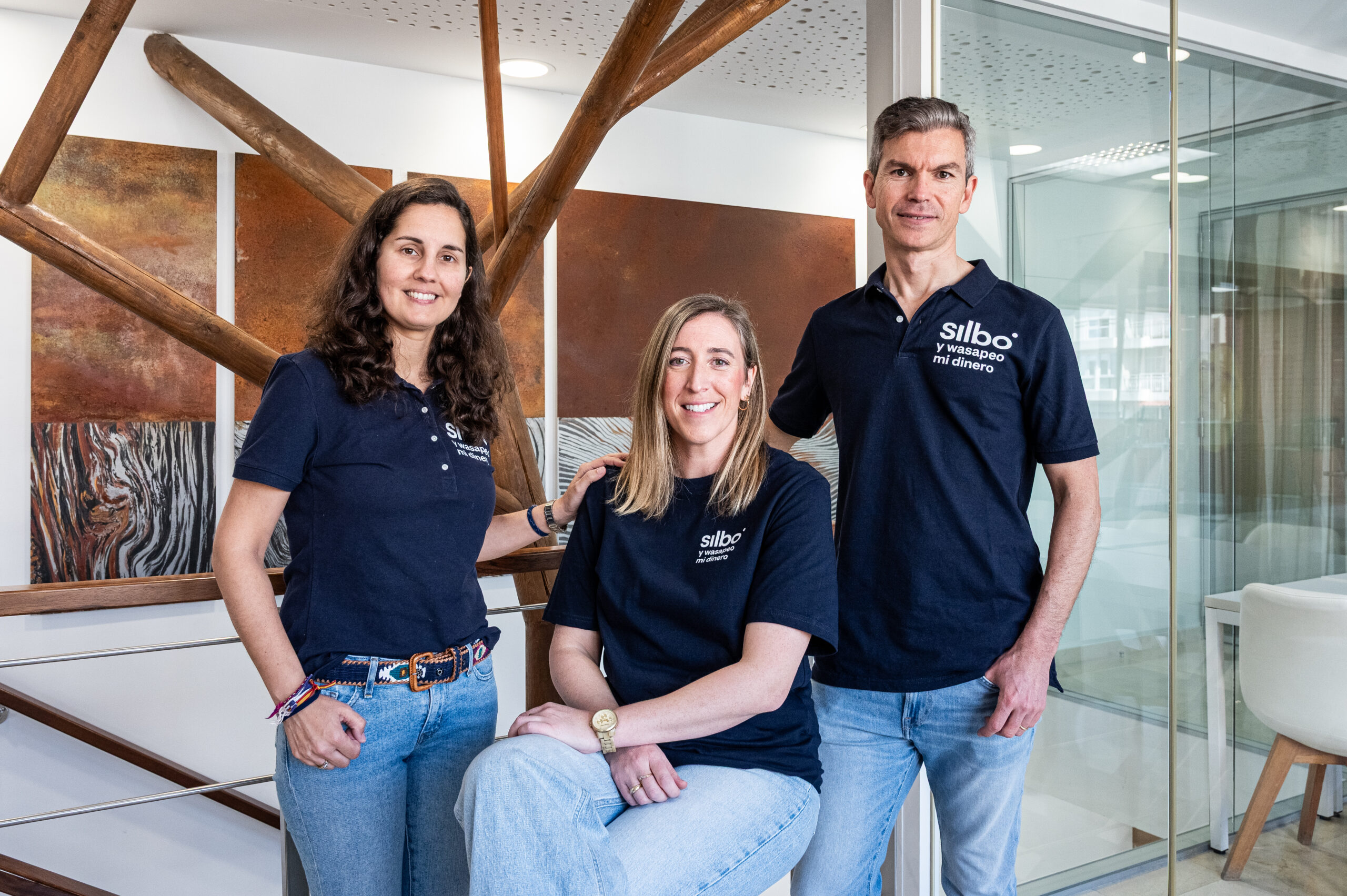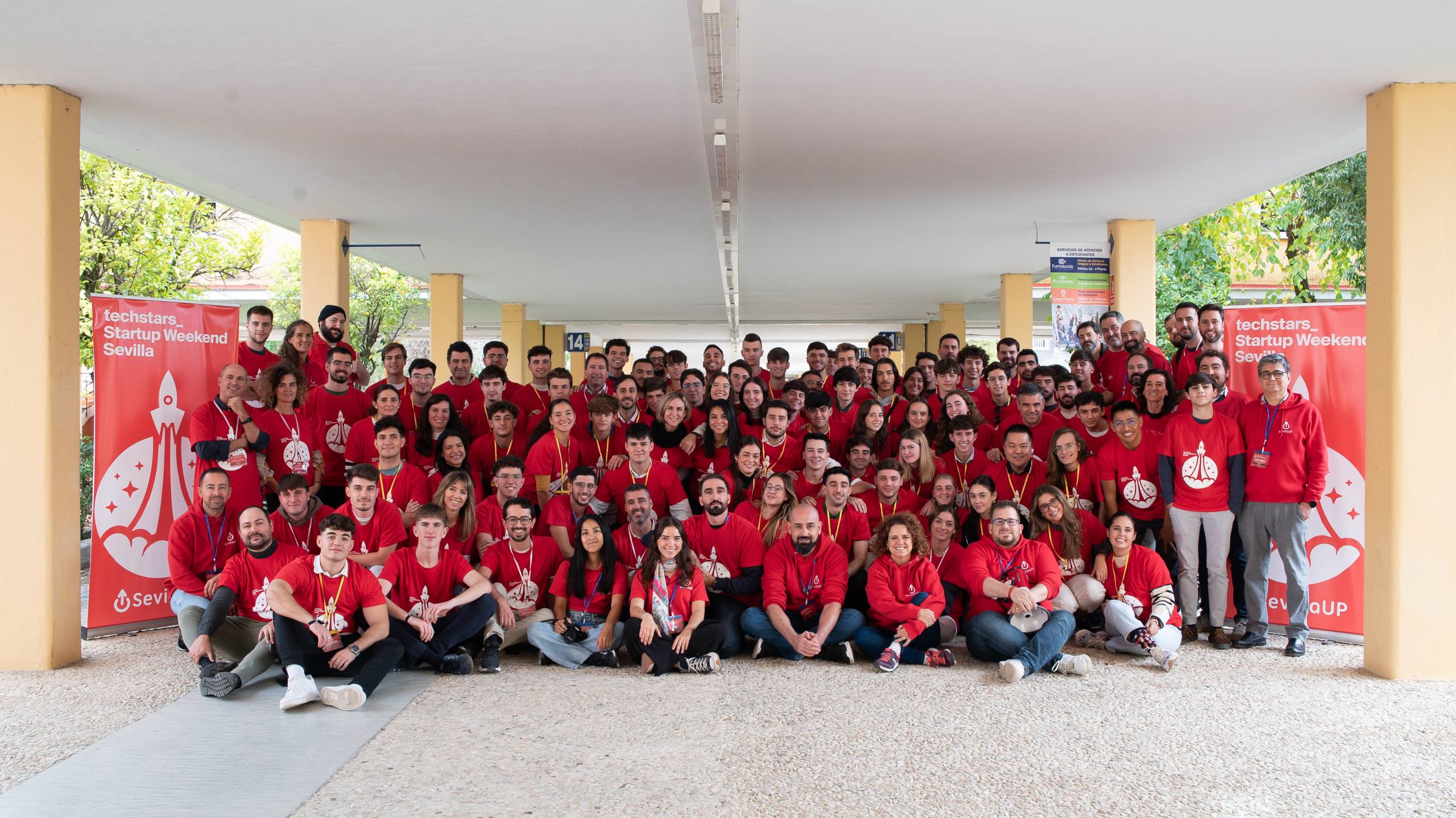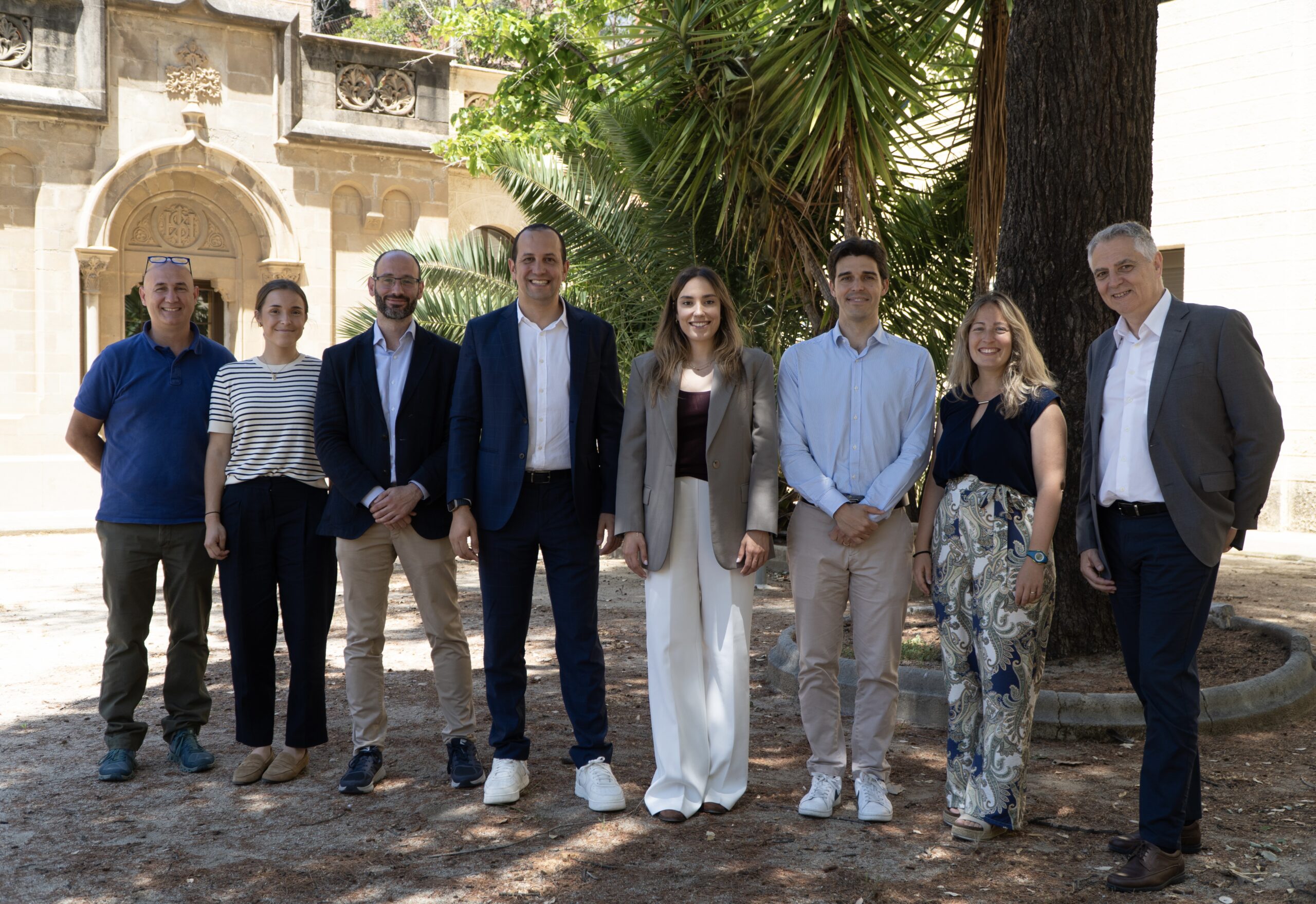Lately, it’s difficult not to feel optimistic about the Spanish startup ecosystem. More unicorns, the startup law underway, and different organizations working together are a recipe that cannot go wrong. In that sense, it’s good news to hear that ICEX Invest in Spain is joining the digital business school ISDI, through its accelerator ISDI Accelerator, in the Rising UP in Spain program, an initiative that seeks to accelerate the growth of foreign startups in Spain through a multitude of services.
This is a perfect match in many senses. ISDI Accelerator was born in 2014 with the aim of channeling the entrepreneurial interest of ISDI students and boosting and professionalizing the startup market in Europe. ICEX’s mission, in turn, is to promote foreign direct investment (FDI) in Spain and be supportive of business persons and entrepreneurs who seek to establish their businesses in Spain. With this collaboration in Rising UP in Spain, both organizations will support the implementation of foreign startups in Spain and encourage their integration into the Spanish business fabric.
The moment to rise
Recognized as the fourth best economy in the European Union, Spain opens the door to the global market through this collaboration. The Spanish entrepreneurial ecosystem has long been established as one of the most attractive in Europe and is among the most promising worldwide, with notable growth over the last 10 years, multiplying its value by a factor of 20 and reaching €83,000 million this year, according to a report prepared by PwC and South Summit. Rising UP in Spain seeks to position Spain as one of the main technological and innovation hubs in Europe for global startups to scale.
Since the program was launched in 2016, it has been highly successful both in terms of the number of foreign entrepreneurs who have been interested in participating and the quality of their projects. In the first five rounds, more than 1,400 foreign startups applied, from some 90 different countries, of which 70 were selected.
The ventures will participate in the boot camp, a five-day online start-up program, in which they will discover the innovation ecosystem in Spain
Foreign startups interested in growing in Spain have until June 15th to apply, while local partners seeking to partner with outstanding international talent can apply until May 29th. For this edition of the program, the organizers are seeking to reach 50 collaboration agreements between local partners and foreign startups.
The selected startups will develop an open innovation project for six months with a local partner. Spanish companies, corporations, or technology centers that are open to collaborating with a foreign startup in the development of a specific technological solution linked to their business can participate.
The Spanish startup experience
The chosen startups will have access to everything necessary to globally consolidate with a workspace and an acceleration program, as well as connections to one of the main networks of accelerators, innovation agencies, and investors in Spain. Legal advice on visas and the opening of a startup in Spain will also be included, among other benefits.
Startups that apply will be analyzed and scored by a team of experts according to criteria such as their economic viability, scalability, technology, and equipment. The ventures with the highest score will participate in the boot camp, a five-day online start-up program, in which they will discover the innovation ecosystem in Spain, see practical aspects linked to its implementation, and get to know Spanish companies and innovation centers interested in their technological solutions.
At the end of the analysis period, up to 50 startups will sign a collaboration agreement with a local partner in Spain and the foreign startups will become members of the Rising UP in Spain program. If the collaboration prospers, the collaboration agreement may lead to the setting of economic incentives for the agreed technological development.









